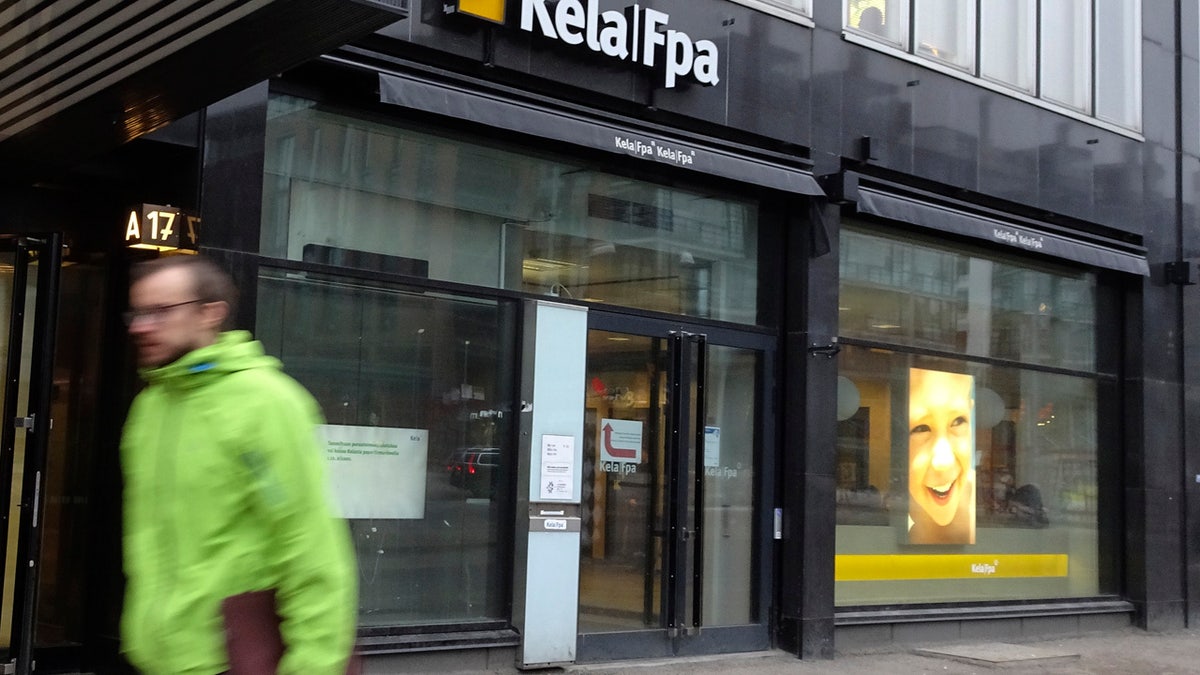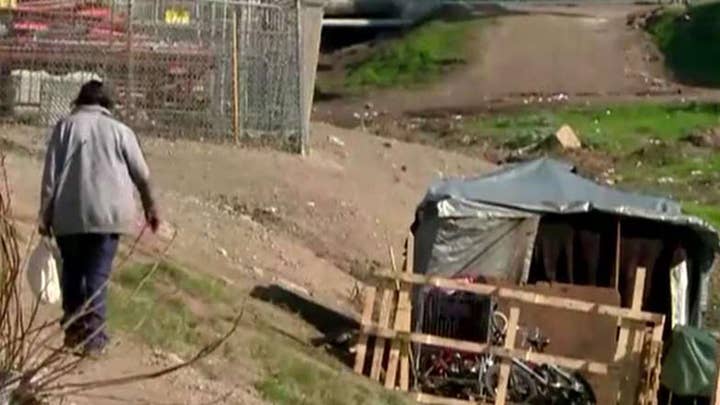
FILE: In January 2017 Finland became the first country in Europe to pay free basic income in a pilot which evoked enthusiasm around the world. (Reuters)
The Finnish government reportedly announced Tuesday that it will end the country’s universal basic income program by year's end -- and appears to be taking on new measures to cut benefits to those who do not actively seek employment.
Finland was considered the first European country to pay a monthly check of $685 to its unemployed between ages 25 and 58. It was considered a pilot program -- serving 2,000 randomly selected jobless people -- that its founders hoped to expand.
“It’s a pity that it will end like this,” Olli Kangas, who oversees the Finnish government agency that focuses on social welfare and helped design the program, told the New York Times.
“The government has chosen to try a totally different path,” Kangas said. “Basic income is unconditional. Now, they are pursuing conditionality.”
“The government has chosen to try a totally different path. Basic income is unconditional. Now, they are pursuing conditionality.”
David Whitley summed up Finland's decision in the Orlando Sentinel.
"Proponents said the program wasn’t comprehensive enough to gauge its merits," Whitley wrote. "Critics say it would have required a 30 percent tax increase on an already over-taxed population to be viable."
But some cities, including San Francisco, continue to look into the basic income theory, the Times wrote. Facebook CEO Mark Zuckerberg in 2017 said that basic income should be explored “to make sure that everyone has a cushion to try new ideas.”
That was essentially Finland’s theory when announcing the pilot program.
The initial move was met with skepticism from citizens who questioned whether an unemployed young person would be motivated to find a job if they were making a steady income, albeit small.
“There is a fear that with basic income they would just stay at home and play computer games,” Heikki Hiilamo, a professor at the University of Helsinki, told the paper.
